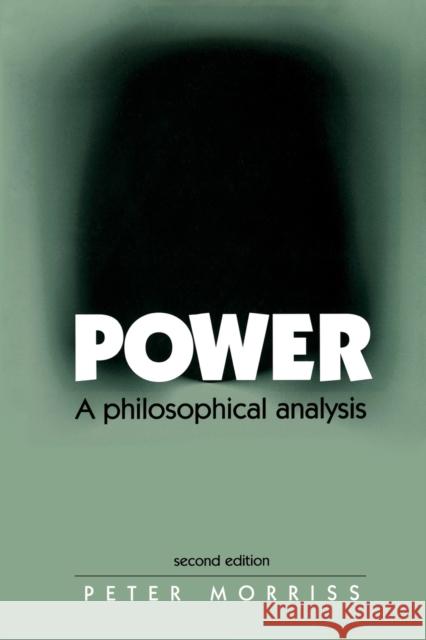Power: A Philosophical Analysis » książka
Power: A Philosophical Analysis
ISBN-13: 9780719059964 / Angielski / Miękka / 2002 / 328 str.
When it first appeared, Power: A philosophical analysis was the first full-length attempt to analyse, in a philosophically rigorous way, what we mean when we talk about power. This revised second edition reprints the original, with an extended new forward which brings the book up to date by discussing recent developments in the literature, including those which were initiated by the first appearance of this book. The book starts by asking why we have concepts of power - a question which seemed, amazingly, never to have been asked before. It turns out that we use concepts of power for several different purposes, but in each case power is best thought of as a form of ability. The considerable philosophical literature on ability is discussed, and then extended to produce a full account of 'power'. This analysis is then used to show (for instance) how we can compare powers, and understand the relationship between power and freedom. It also explains why an understanding of power is so important in developing a radical critique of a society. Many arguments about power are empirical: by outlining ways of studying power, the book shows how these may be resolved. Power can also be measured, and, in a discussion of voting power, new mathematical indices of power are developed. The book finishes with general conclusions about the way to understand concepts. Power is a most ambitious and important book, which was well received on initial publication. It will be of interest to all social scientists and social philosophers, especially those who are interested in conceptual analysis. It is written in a clear, straightforward style, which makes it accessible to undergraduates and postgraduates throughout the social sciences, and particularly in politics, sociology, and philosophy.











